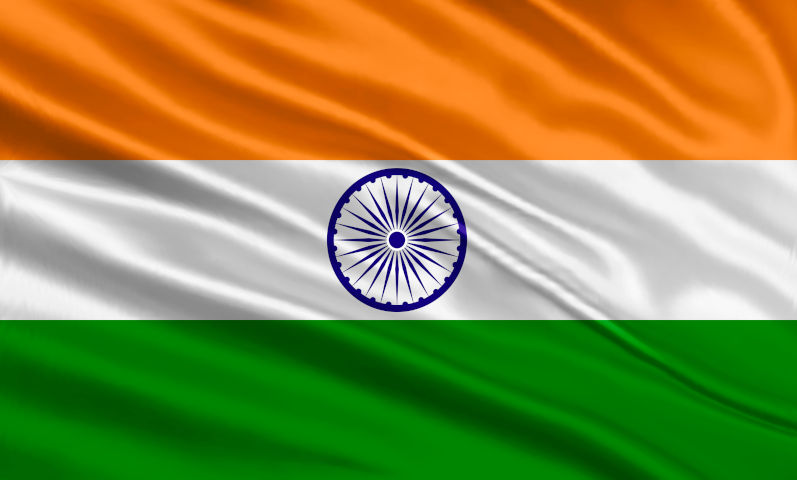India has ordered YouTube to take down two ABC reports on Sikh separatism and not allow them to be viewed within the country, a demand with which Google, the owner of YouTube, has complied.
One of the stories, titled Sikhs, Spies and Murder: Investigating India’s alleged hit on foreign soil, was aired on the ABC’s Foreign Correspondent program and looked at the killing of Sikh separatist leader Hardeep Singh Nijjar in Canada last year, allegedly by people connected to Indian intelligence, a report in the Australian Financial Review said.
The program included interviews with Kanwar Pal Singh, another Sikh separatist leader in Punjab who heads an organisation known as Dal Khalsa; during the filming of the program ABC reporter Avani Dias was monitored by Indian intelligence and, at one stage, blocked from filming close to the border with Pakistan, a site where permission to film had been initially granted.
The second ABC report which was banned by India was published in March and reported on Australian spy agency ASIO making contact with Sikhs in Australia associated with the separatism movement, a campaign for an ethno-religious state known as Khalistan.
Samar Kohli, a separatist leader in Australia, told the ABC: “The fact that ASIO walked in, the fact that they have come and met [me], the fact that they’re discussing the assassination in Canada and then asking how Sikhs feel in Australia, there’s definitely something. You’re not just going to go dig into something if you don’t have anything to dig.”
Of this report, an ABC spokesperson told the AFR: “It was meticulously researched and balanced and sought an array of perspectives, and upholds the highest editorial standards. We defend the audience’s fundamental right to access this story, regardless of their location.”
India’s Prime Minister Narendra Modi is bidding for a third five-year term in elections that are scheduled to be held in stages over the next three months. This stretching out of the poll is necessitated because more than 900 million will be voting in what is the largest such exercise in the world.
Modi has shown a marked sensitivity to negative reports about India; the banning of the ABC reports follows his government’s blocking of BBC reports last year which alleged he played a role in fomenting communal riots in 2002 when he was chief minister of the state of Gujarat. He has denied any such role.
Canadian Prime Minister Justin Trudeau went public with accusations of Indian involvement in the Nijjar killing; following this, both countries indulged in tit-for-tat expulsions of diplomats.
Soon after this, the US was reported to have issued a warning about an attempt on the life of another activist. Later, an Indian intelligence agent, Nikhil Gupta, was indicted for an alleged bid on the life of US citizen and Sikhs For Justice pro-Khalistan leader, Gurpatwant Singh Pannun.
The Khalistan movement goes back to the 1930s, but has been largely quiet after the Indian Army entered the Golden Temple in Amritsar, the holiest Sikh shrine, in June 1984 and flushed out activists who had taken refuge there. The leader of the movement at the time, Jarnail Singh Bhindranwale, was among those killed.
The separatists retaliated on October 31 the same year, when two Sikh guards of the late Indian prime minister Indira Gandhi shot her dead in cold blood. The act led to a great deal of bloodletting and India’s capital was shut down for days, with trains full of dead bodies periodically arriving there.
Last June, Khalistan activists held what they called a referendum in Sydney’s western suburbs on creating their separatist state, with similar votes being held in Melbourne and Brisbane. Two activists were taken into custody as they were in possession of knives. Modi has made no secret of his anger over this, and India made it known in a statement it issued after bilateral talks Australia during the last G20 summit.
Sam Varghese is an Australian of Indian origin who has lived in the country for nearly 26 years. He has worked as a journalist for more than 40 years and currently writes for the tech website iTWire. He has worked for the Deccan Herald and Indian Express in India, Khaleej Times in the UAE and Daily Commercial News (now defunct) and The Age in Australia.

